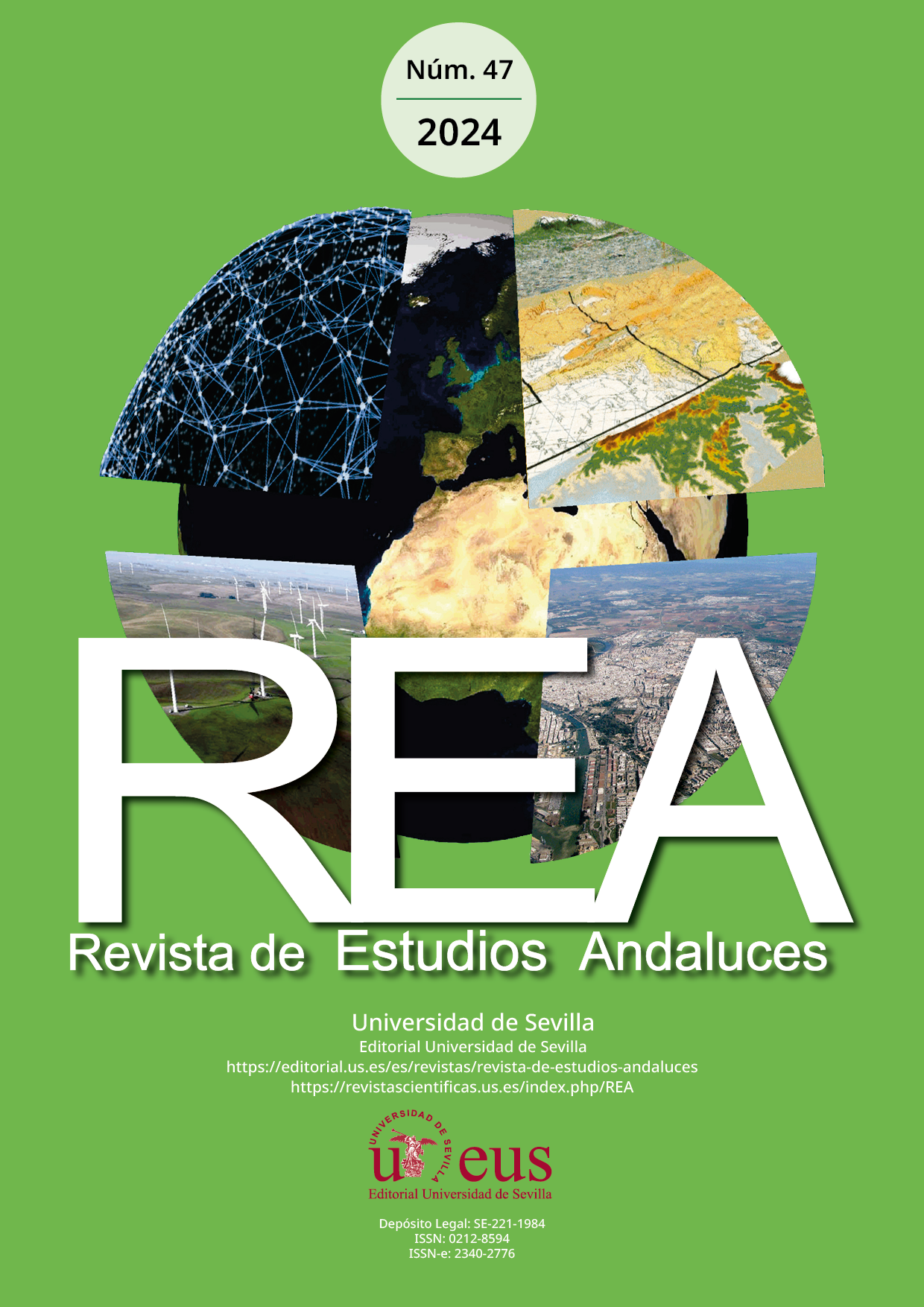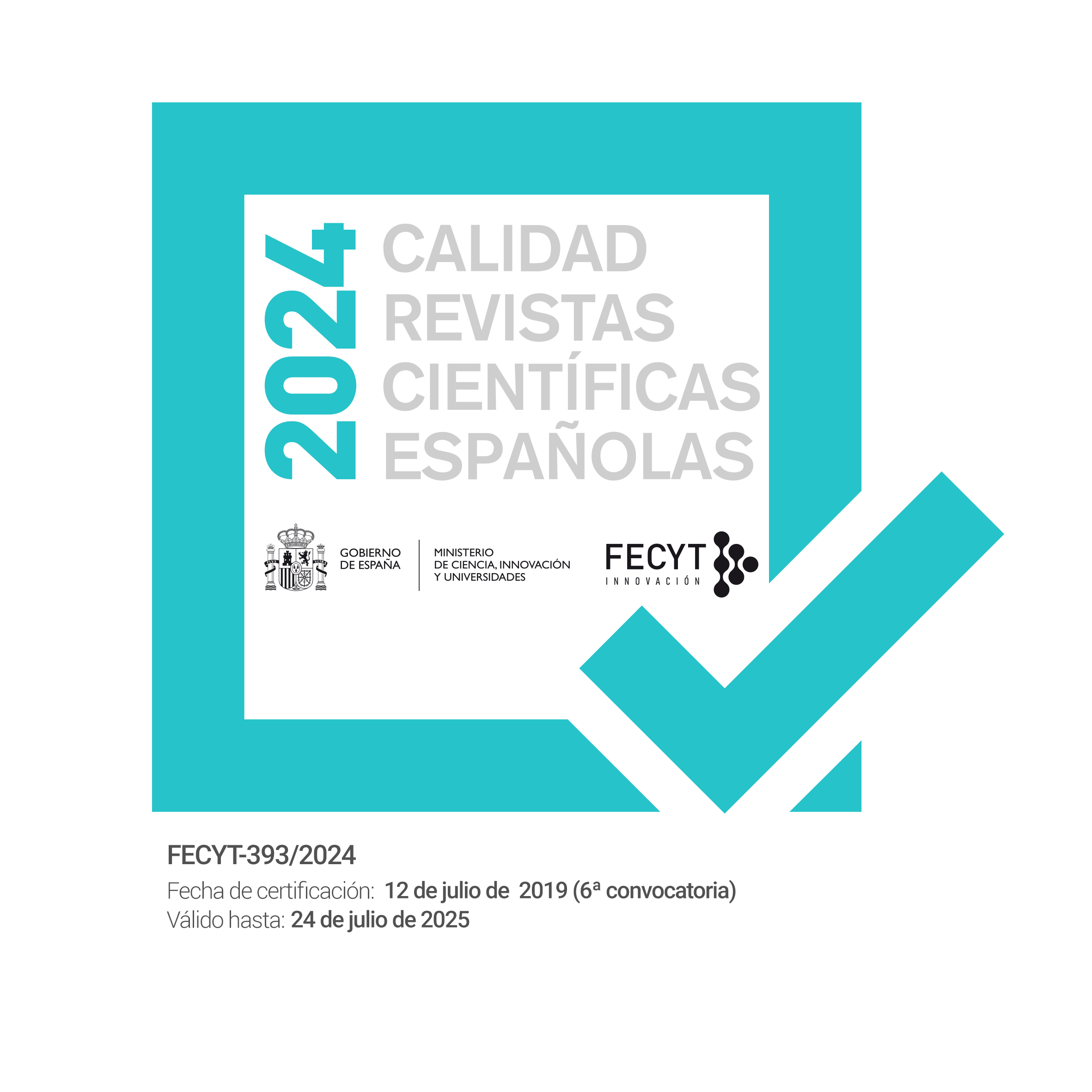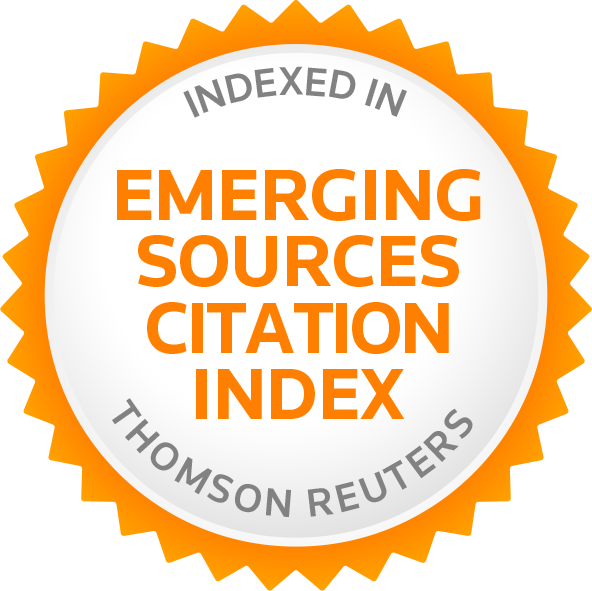Tourism of cultural events and festivals. Contrast of experiences between two film festivals in different phases of consolidation: San Sebastián (Spain) and Fajr (Iran)
Palabras clave:
Event tourism, Cultural events, Film festivals, Iran, SpainResumen
Tourism is an important economic phenomenon in both developed and developing countries. Event tourism, specifically centered on cultural activities, is a niche market that has been gaining importance and has been researched for the last thirty years. There is remarkable agreement in the scientific literature that cultural events have a significant positive impact on the deseasonalization and rejuvenation of a tourist destination while promoting local culture. Among the most popular cultural events in the world, film festivals constitute a distinct modality. This article is focused on contrasting two festival experiences with different levels of consolidation, San Sebastian (Spain) and Fajr (Iran), analyzing their main features and differences from a tourism point of view. The first one has achieved worldwide prestige; while the second one is still in a consolidation phase, in an institutional and socioeconomic context comparable to the one the Spanish festival went through several decades ago. The article tries to point out the main shortcomings and challenges that the Fajr Festival must face, especially in the coordination of the venues and the corresponding sectors of the festival, in order to advance towards a high-level event with a touristic value that can benefit the locals and open the doors towards international tourism.
Descargas
Descargas
Publicado
Cómo citar
Número
Sección
Licencia
Derechos de autor 2024 Revista de Estudios Andaluces

Esta obra está bajo una licencia internacional Creative Commons Atribución-NoComercial-CompartirIgual 4.0.
La edición electrónica de la Revista de Estudios Andaluces se ofrece en acceso abierto desde el número 28 publicado en 2011 hasta la actualidad. Las ediciones impresa y electrónica de esta Revista son editadas por la Editorial de la Universidad de Sevilla, siendo necesario citar la procedencia en cualquier reproducción parcial o total.
La Revista de Estudios Andaluces no cobra tasas por el envío de trabajos, ni tampoco cuotas por la publicación de sus artículos. La Revista es gratuita desde el momento de la publicación de cada número y sus contenidos se distribuyen con la licencia “CreativeCommons Atribución-NoComercial-SinDerivar 4.0 Internacional” , que permite al usuario de la Revista de Estudios Andaluces criterios que cumplen con la definición de open access de la Declaración de Budapest en favor del acceso abierto. Puede consultar desde aquí la versión informativa y el texto legal de la licencia. Esta circunstancia ha de hacerse constar expresamente de esta forma cuando sea necesario.







